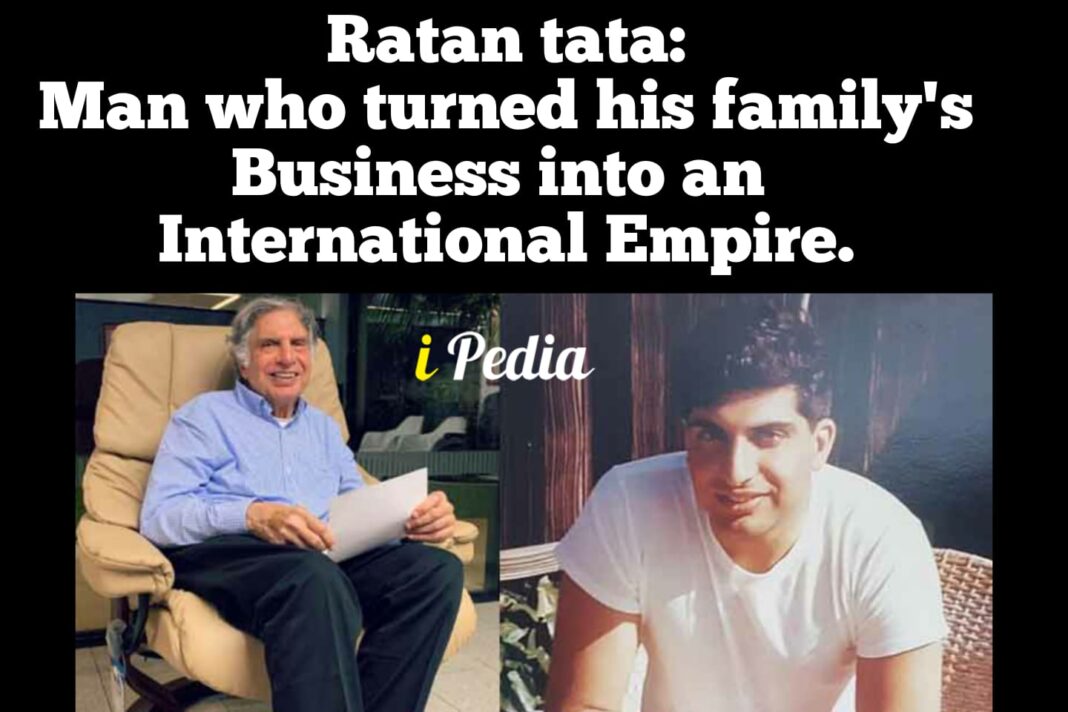Ratan Tata, whose full name is Ratan Naval Tata, was born in Bombay, India, on December 28, 1937. From 1991 to 2012 and again from 2016 to 2017, he served as chairman of the Tata Group, a conglomerate with headquarters in Mumbai. He was educated at Cornell University in Ithaca, New York, where he received a B.S. in architecture (1962) before returning to work in India. He is a member of a well-known family of Indian businesspeople and benefactors (see Tata family). He got expertise working for many Tata Group companies before being appointed director in charge of the National Radio and Electronics Co. in 1971. Ten years later, he was named chairman of Tata Industries. He then replaced his uncle J.R.D. Tata as chairman of the Tata Group in 1991.
Tata aggressively pursued the conglomerate’s growth after taking the helm, with an increased emphasis on its businesses’ globalisation. The corporation paid $431.3 million for Tetley Tea, a company located in London, in 2000, and $102 million for Daewoo Motors’ truck manufacturing operations in South Korea in 2004. When Tata Steel paid $11.3 billion for the massive Anglo-Dutch steel maker Corus Group, it completed the largest corporate takeover by an Indian company.
2008 saw Tata Motors acquire Jaguar and Land Rover, two premium British automakers, from Ford Motor Company. The largest-ever acquisition by an Indian automotive company was made in the $2.3 billion deal.
The business debuted the Tata Nano the next year, a compact, rear-engined, pod-shaped car with a base price of about $2,000 (100,000 Indian rupees). The highly anticipated “People’s Car” could seat up to five adults and, in the words of Tata, would offer millions of middle- and lower-income consumers both in India and abroad a “safe, affordable, all-weather form of transport,” despite only being slightly more than 10 feet (3 metres) long and about 5 feet (1.5 metres) wide. Tata stepped down as chairman of the Tata Group in December 2012. After Cyrus Mistry, his successor, was fired in October 2016, he temporarily served as interim chairman. In January 2017, after Natarajan Chandrasekaran was named chairman of the Tata Group, Tata went back into retirement.
In addition to numerous other honours bestowed upon him over his career, Tata was given the Padma Bhushan in 2000, one of India’s most prestigious civilian awards.
Also read: Subhash Chandra Bose: Some Lesser-known Facts About Netaji’s Mysterious Death



